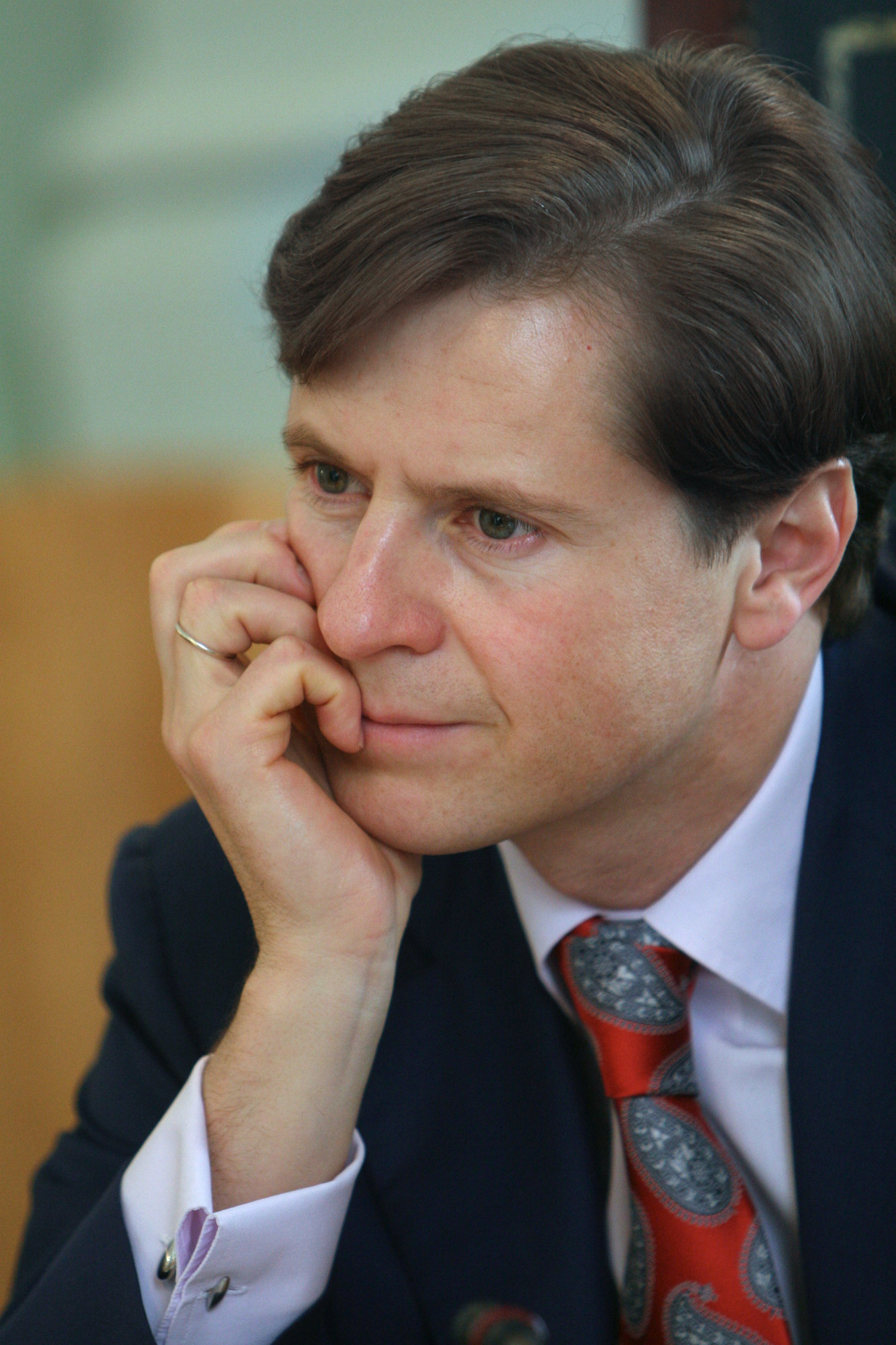MOSCOW/LONDON, May 2 - RAPSI. The UK has refused to grant political asylum to former Bank of Moscow head Andrei Borodin and his deputy Dmitry Akulinin, who have been charged with fraud in Russia, a source familiar with the situation told RIA Novosti.
"The bankers were told in late April that the UK declined their requests fro political asylum," the source said.
RIA Novosti has yet to obtain an official confirmation of the information. The British Interior Ministry's spokesman told RIA Novosti that the ministry is not authorized to comment on private cases regardless of their result.
RIA Novosti has yet to reach Borodin for comment. The lawyers of the former bankers have declined to comment.
Meanwhile, Vladimir Krasnov, an attorney familiar with the case, said Borodin and Akulinin were expected to request asylum, but little other information has been made available.
"They intended to ask for asylum, but we do not know how the situation unfolded," he said.
Borodin and Akulinin have been placed on the international wanted list on suspicion of committing crimes when they headed the Bank of Moscow.
The court issued arrest warrants for them in absentia.
It was established that Akulinin and Borodin used their powers to conduct an illegal transaction during the sale of Investlesprom, which belonged to the Bank of Moscow.
Thus, in 2006, the shares of the largest timber holding were sold to Lesonavigator, a company controlled by the bankers, for a small sum at the cost of 10 rubles ($0.3) per share. The entire portfolio was sold for 10,000 rubles ($317), the Investigative Department said earlier.
Another case was opened against Borodin and Akulinin in February on charges of stealing over $225 million.
Investigators maintain that Borodin and Akulinin used their office to arrange the remittance of no less than 7.8 billion rubles ($262 million) from the bank's account to Cyprus-based companies under their control between 2008 and 2010, according to the Interior Ministry's Investigative Department. The Bank of Moscow received back as little as 1.1 billion rubles ($37 million). The remaining amount was misappropriated by the suspects, according to the department.



